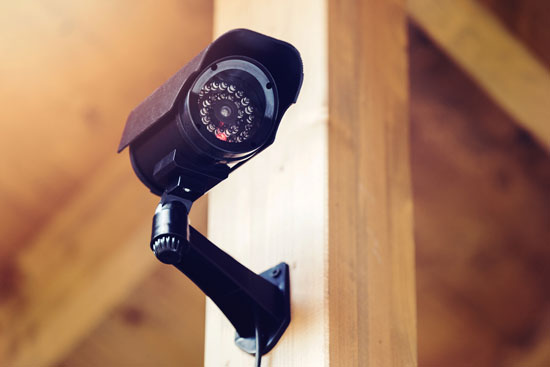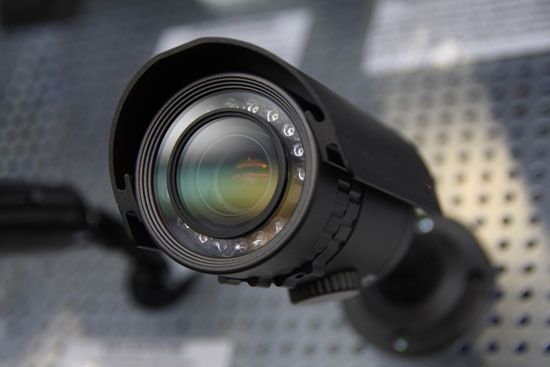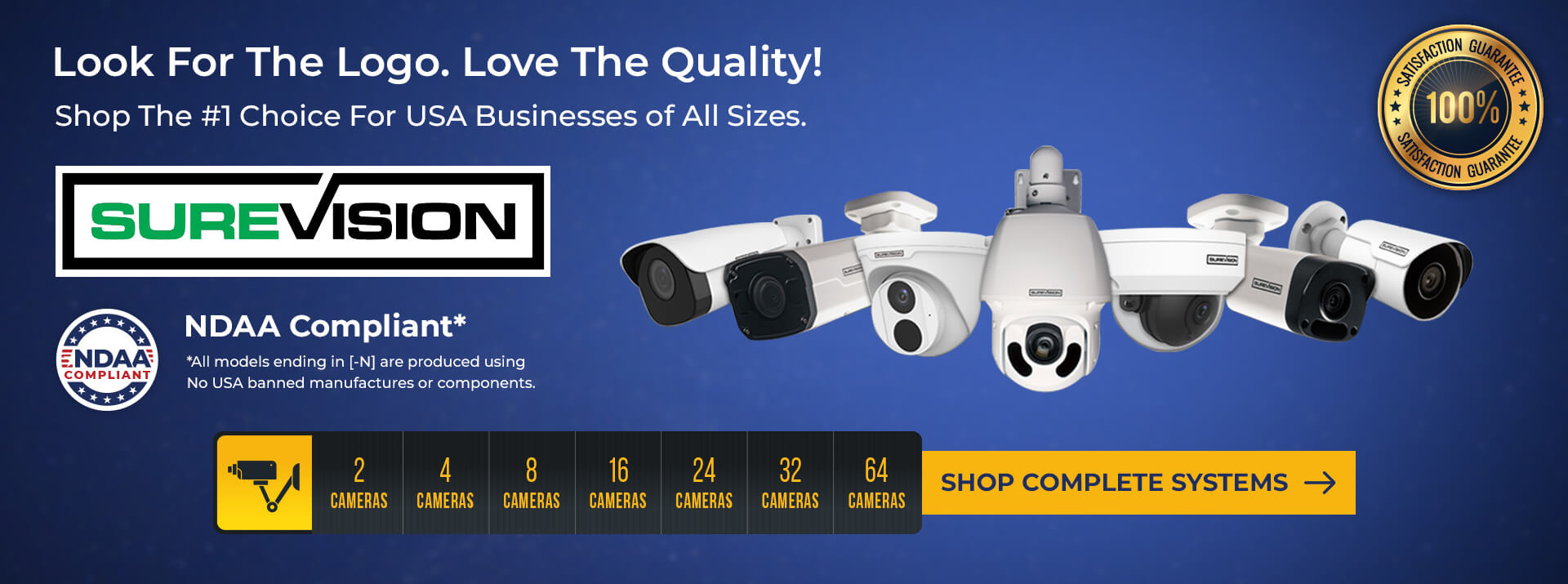Home Surveillance Camera Laws by State
Posted by Gregory DeRouanna on Oct 2, 2019

Homeowners are no longer installing security cameras just for security purposes. They’re using them to keep tabs on their kids, pets, and even caretakers when they are away from home. Video surveillance is not just being used in homes as a deterrent to crime but also for lifestyle reasons. While video surveillance has become part of our daily lives, some applications do raise issues about privacy.
Before you buy and install a video surveillance camera, see the state laws for home surveillance where you live. Here’s what you should know:
Check all Jurisdictions
Home video surveillance laws vary by state. It’s important to always check the following jurisdictions before you go ahead and install a security camera or multiple-camera system in your home:
- Local or municipal laws
- County or parish laws
- State laws
- Federal laws
One of the easiest ways to understand the laws, limitations, and regulations within your jurisdiction is by calling local law enforcement authorities or consulting with a local attorney. They will advise you on the proper use of surveillance systems, proper placement without infringing on other people’s rights, and other home surveillance camera laws you should know.
Understand Legal and Ethical Use

It’s one thing to use a security camera to check in with your kids at home, but another to use it to monitor household workers as they go on about their work who might not even be aware that they’re being monitored, even if the cameras are not hidden. This is where legal and ethical use of security cameras comes in.
In general, home surveillance camera laws across all states don’t require you as a homeowner to get consent to videotape people in your home. In most states, however, it is illegal to record video using a hidden camera in any area where anyone has a reasonable expectation or right of privacy. This could be areas like bathrooms, bedrooms, and other private use areas in your home. This is more of a moral and ethical issue that you should be well aware of.
Laws Vary from State to State
Whether or not you need to let someone know if you can see or hear them is a matter that depends on your state’s laws. Every state has its own home surveillance camera laws, but there are protections against the use cameras to record audio or video with malicious intent at the federal level. This covers instances like recording for blackmail.
To determine whether your in the clear to record with hidden cameras, be sure to check your home video surveillance laws by state. For instance, if you have hidden cameras, a caregiver may be aware that there’s a camera watching, but a dinner guest may not be. The best way to get around this is to make a habit of letting everyone know that you have security cameras in the house and that they’re always on. Consent is important when privacy concerns come into play.
Install Professional-Grade Security Cameras
With a proper understanding of home surveillance camera laws, you can install both hidden and transparent security cameras and systems with peace of mind. CCTV Security Pros brings you a selection of superior IP security systems and HD over coax security systems to choose from for your home surveillance needs. Shop with confidence online or contact us for questions.





